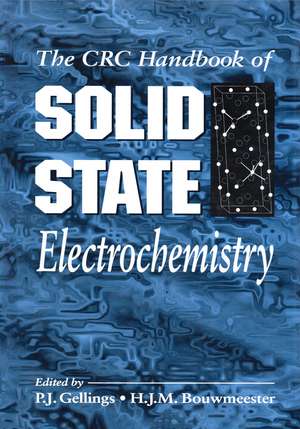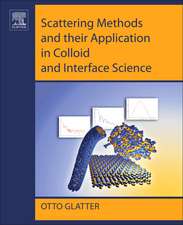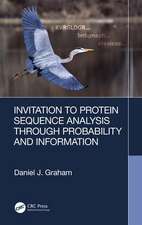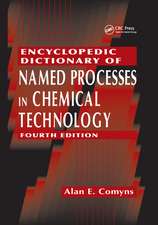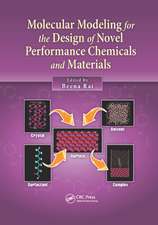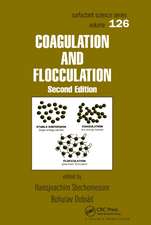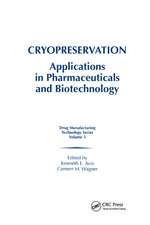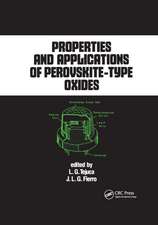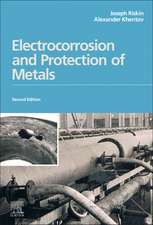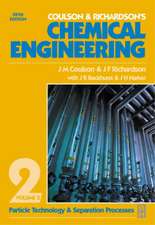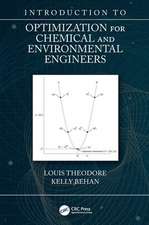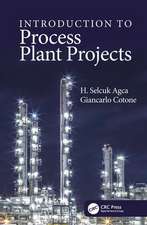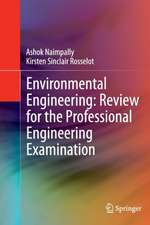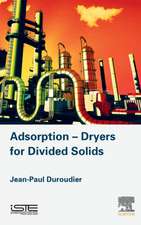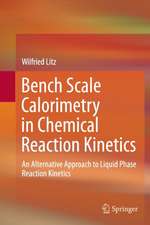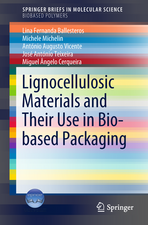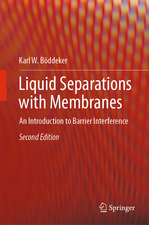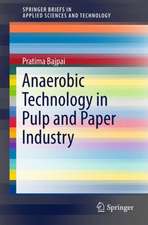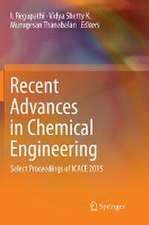Handbook of Solid State Electrochemistry
Autor P. J. Gellings, H. J. Bouwmeesteren Limba Engleză Paperback – 30 iun 2020
The Handbook of Solid State Electrochemistry addresses applications of solid state electrochemistry in a number of fields, including:
For materials scientists, engineers, and researchers from academia and industry, the Handbook provides guidance through the rapidly growing field of solid state electrochemistry.
Preț: 350.94 lei
Preț vechi: 454.59 lei
-23% Nou
Puncte Express: 526
Preț estimativ în valută:
67.16€ • 70.64$ • 55.94£
67.16€ • 70.64$ • 55.94£
Carte tipărită la comandă
Livrare economică 03-17 ianuarie 25
Preluare comenzi: 021 569.72.76
Specificații
ISBN-13: 9780367455866
ISBN-10: 0367455862
Pagini: 704
Ilustrații: 43
Dimensiuni: 178 x 254 x 36 mm
Greutate: 0.45 kg
Ediția:1
Editura: CRC Press
Colecția CRC Press
ISBN-10: 0367455862
Pagini: 704
Ilustrații: 43
Dimensiuni: 178 x 254 x 36 mm
Greutate: 0.45 kg
Ediția:1
Editura: CRC Press
Colecția CRC Press
Public țintă
ProfessionalCuprins
Chapter 1 Introduction, Chapter 2 Principles of Electrochemistry, Chapter 3 Solid State Background, Chapter 4 Interface Electrical Phenomena in Ionic Solids, Chapter 5 Defect Chemistry in Solid State Electrochemistry, Chapter 6 Survey of Types of Solid Electrolytes, Chapter 7 Electrochemistry of Mixed Ionic–Electronic Conductors, Chapter 8 Electrodics, Chapter 9 Principles of Main Experimental Methods, Chapter 10 Electrochemical Sensors, Chapter 11 Solid State Batteries, Chapter 12 Solid Oxide Fuel Cells, Chapter 13 Electrocatalysis and Electrochemical Reactors, Chapter 14 Dense Ceramic Membranes for Oxygen Separation, Chapter 15 Corrosion Studies, Chapter 16 Electrochromism and Electrochromic Devices, INDEX
Notă biografică
"Prof. Dr. P.J. Gellings. After studying chemistry at the University of Leiden (the Netherlands), Prof. Gellings received his degree in physical chemistry in 1952. Subsequently he worked as research scientist in the Laboratory of Materials Research of Werkspoor N.V. (Amsterdam, the Netherlands). He obtained his Ph.D. degree from the University of Amsterdam in 1963 on the basis of a dissertation titled: “Theoretical considerations on the kinetics of electrode reactions.” In 1964 Prof. Gellings was appointed professor of Inorganic Chemistry and Materials Science at the University of Twente. His main research interests were coordination chemistry and spectroscopy of transition metal compounds, corrosion and corrosion prevention, and catalysis. In 1991 he received the Cavallaro Medal of the European Federation Corrosion for his contributions to corrosion research. In 1992 he retired from his post at the University, but has remained active as supervisor of graduate students in the field of high temperature corrosion.Dr. H.J.M. Bouwmeester. After studying chemistry at the University of Groningen (the Netherlands), Dr. Bouwmeester received his degree in inorganic chemistry in 1982. He received his Ph.D. degree at the same university on the basis of a dissertation titled: “Studies in Intercalation Chemistry of Some Transition Metal Dichalcogenides.” For three years he was involved with industrial research in the development of the ion sensitive field effect transistor (ISFET) for medical application at Sentron V.O.F. in the Netherlands. In 1988 Dr. Bouwmeester was appointed assistant professor at the University of Twente, where he heads the research team on Dense Membranes and Defect Chemistry in the Laboratory of Inorganic Materials Science. His research interests include defect chemistry, order-disorder phenomena, solid state thermodynamics and electrochemistry, ceramic surfaces and interfaces, membranes, and catalysis. He is involved in several international projects in these fields."
Descriere
A one-stop resource treating the two main areas of solid state electrochemistry: electrochemical properties of solids such as oxides, halides, and cation conductors; and electrochemical kinetics and mechanisms of reactions occurring on solid electrolytes, including gas-phase electrocatalysis. The Handbook also covers fundamentals of solid state electrochemistry, experimental methods, and computer-aided interpretation of experimental results used in the field. It also addresses applications of solid state electrochemistry in a number of fields, including:
solid oxide fuel cells
batteries
sensors and actuators
semi-permeable membranes
corrosion processes
electrocatalysis
electrochromic devices
